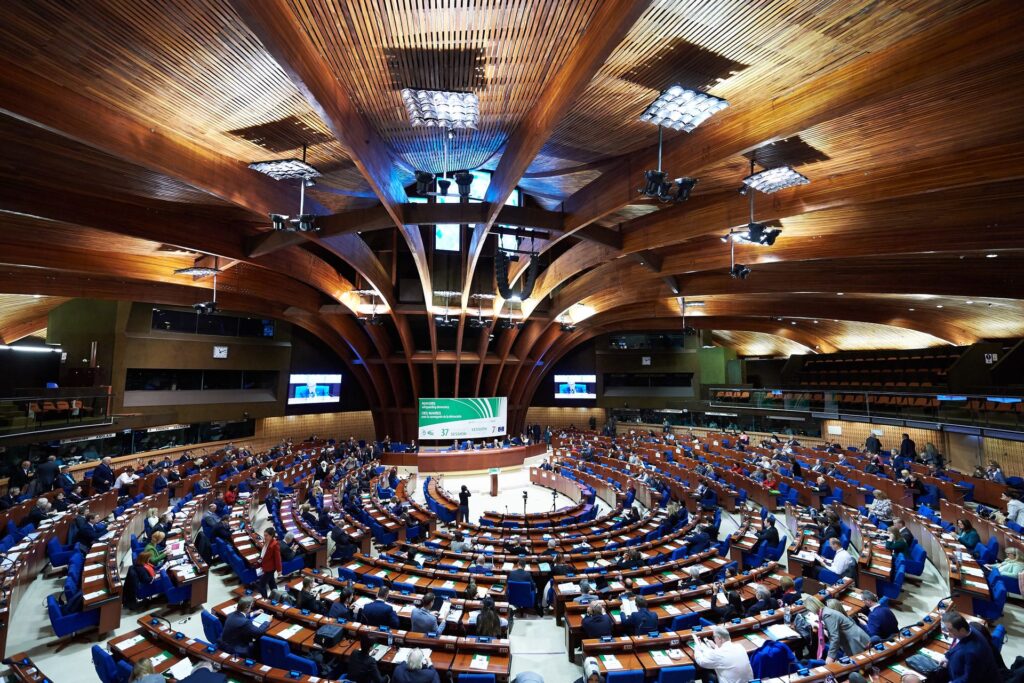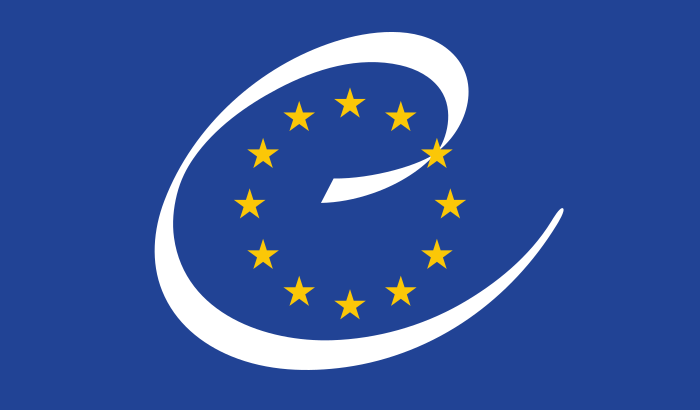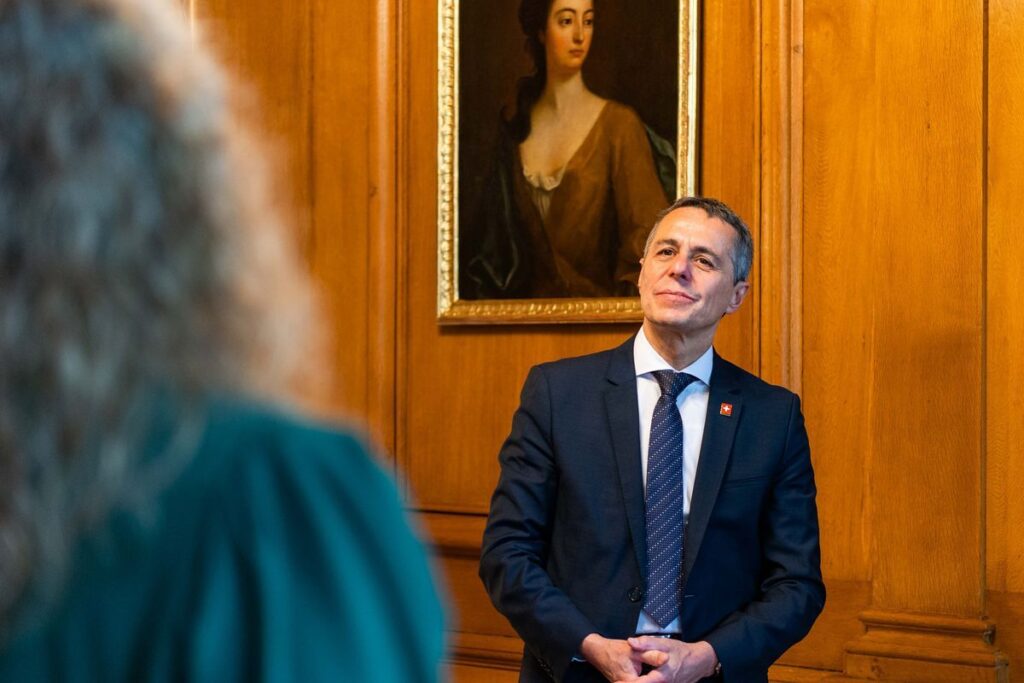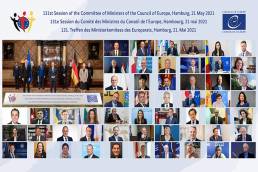Ignazio Cassis at the Council of Europe for digital rights
In Hamburg, the Federal Councillor and head of the FDFA stressed the risks associated with high levels of digitalisation, without wishing to put obstacles in the way of progress.
Federal Councillor Ignazio Cassis participated in the 131st ministerial session of the Council of Europe, which was held in virtual format due to the health crisis.
In his speech, he praised the Council of Europe’s key role in protecting human rights, democracy and the rule of law in the digital age.
At this session, the foreign ministers of the 47 member states reaffirmed their willingness to continue their efforts to ensure the effectiveness of the European Court of Human Rights and Fundamental Freedoms.
“It is our common duty to prevent the risks linked to digitalisation without hindering progress,” said the head of the Federal Department of Foreign Affairs (FDFA).
Summary of the centenary love between Switzerland and Liechtenstein

A priority of Swiss foreign policy 2020-2023
In his speech, Federal Councillor Ignazio Cassis recalled that digitalisation is one of the priorities of Switzerland’s Foreign Policy Strategy 2020-2023 and emphasised the leading role played by International Geneva in this area.
Faced with the growing importance of digitisation, the ministers of the 47 member states highlighted the contribution of the Council of Europe to the protection of key European values: human rights, democracy and the rule of law. In particular, they expressed their support for the ongoing work on artificial intelligence and cybercrime.
“More science in diplomacy, more diplomacy in science”.
Four-year planning for greater predictability
The meeting also enabled ministers to increase the planning period from two to four years and to reaffirm the Council of Europe’s commitment to the effective functioning of the European Court of Human Rights in the future.
This latest decision is part of the “Interlaken” process of reforming the Court, which began in 2010 under the Swiss chairmanship of the Committee of Ministers.
The 131st ministerial meeting of the Council of Europe, under the German presidency, was held for the second time in a row in virtual format.
Germany’s priorities during its six-month presidency were to strengthen the implementation of the judgments of the European Court of Human Rights, the protection of minorities and women, and the fight against all forms of incitement to hatred on the Internet.
A confrontation between the five German-speaking countries in Lugano

Hungary’s new presidency in favour of minorities
The six-month presidency is being held by Hungary, which has stated that it intends to focus its efforts on challenges related to technology and the environment, as well as on the protection of national minorities.
Switzerland joined the Council of Europe in 1963, 14 years after it was founded. The Council of Europe is a pan-European organisation with 47 member states.
Switzerland against hunger and poverty in rural areas of the world







